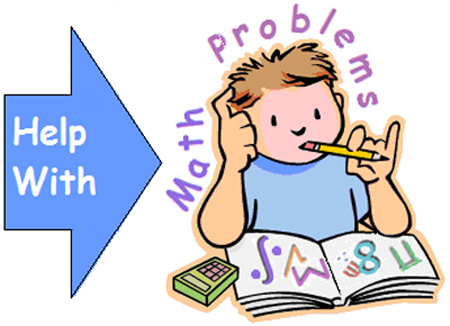As schools around the country remain closed as a result of the COVID-19 outbreak, we are republishing this article as a resource for parents and caregivers who are homeschooling their children. In this article, Joan Ferrini-Mundy, NSF’s former chief operations officer and current president of the University of Maine, collaborates with colleagues in our Education and Human Resources Directorate to give advice on how to tackle math at home like an educator.
If you’ve ever had to give your child math homework help, you understand how much their instructors do on a daily basis. “Math anxiety” is not limited to children.
Perhaps you haven’t seen an algebra formula in years and weren’t very comfortable with them as a student. Perhaps you are a talented mathematician but are unsure how to explain your work to a youngster. In any event, arithmetic homework may leave parents just as irritated as their children. Homework, on the other hand, does not have to be unpleasant.
What I’ve discovered from my own experience – as a teacher, a researcher, from assisting my own children, and now from seeing my daughter work as an elementary school mathematics teacher — is that communication is the common denominator in making math homework a good experience.
My employer, the National Science Foundation (NSF), is devoted to research. We help scientists all throughout the country who are researching learning and education systems. But, at our core, we are teachers. Previously, during lunch breaks, a number of us convened to assist our NSF counterparts with their own questions about how to help their children learn math.
Here are a few pointers based on what we’ve learned:
• Make every effort to comprehend what your youngster is saying. When your kid is solving a math issue, urge her to think aloud and explain what she is doing and why. Your youngster may be able to answer her own inquiries in some circumstances. Don’t just show up and explain how things should be done.
• We’ve learnt a lot about education. Researchers sponsored by the NSF and other scientists are creating insights that are changing our understanding of learning and how we educate. Math teaching may seem substantially different today than it did when you were in school. Maintain an open mind. If you disregard something, chances are your child will as well.
• Assume your youngster is applying some logical reasoning. Even if he gives inaccurate responses, your child is using some sort of mental process, and knowing it is the key to offering assistance. Assume your toddler adds 1/3 and 1/4 and gets 2/7. If his reply is that he was adding the numerators and denominators, you’ve already discovered that he may not completely comprehend the concept of a fraction. That offers you a starting place for assisting.
• Homework is about more than just getting the right answers. It is about the processes and skills of learning. Even if you have the appropriate answer to an issue that your child is having, there is still a lot you need to explain – specifically, how you arrived at that point.
• Become a supporter of teachers. Speak with your child’s instructors. Find out how they teach certain ideas and concepts. When parents are frustrated with their children’s learning difficulties, they may approach instructors. Consider your child’s instructors to be collaborators and partners.
• Seek more assistance. Concerned that you won’t comprehend the arithmetic your youngster is attempting to learn? Examine her textbook or online study resources carefully. Check to see whether the publisher has any resources. Look for alternative freely available teaching tools, particularly those funded by the NSF. Do you have any friends or coworkers that have kids? Start a lunch group to discuss your homework problems.
• Keep in mind that every child is unique and learns in their own way. Just because your oldest child learns his multiplication facts one way does not guarantee that his little sibling will follow suit. Which leads us back to the first tip: listen to each child and try to grasp what they are saying.





